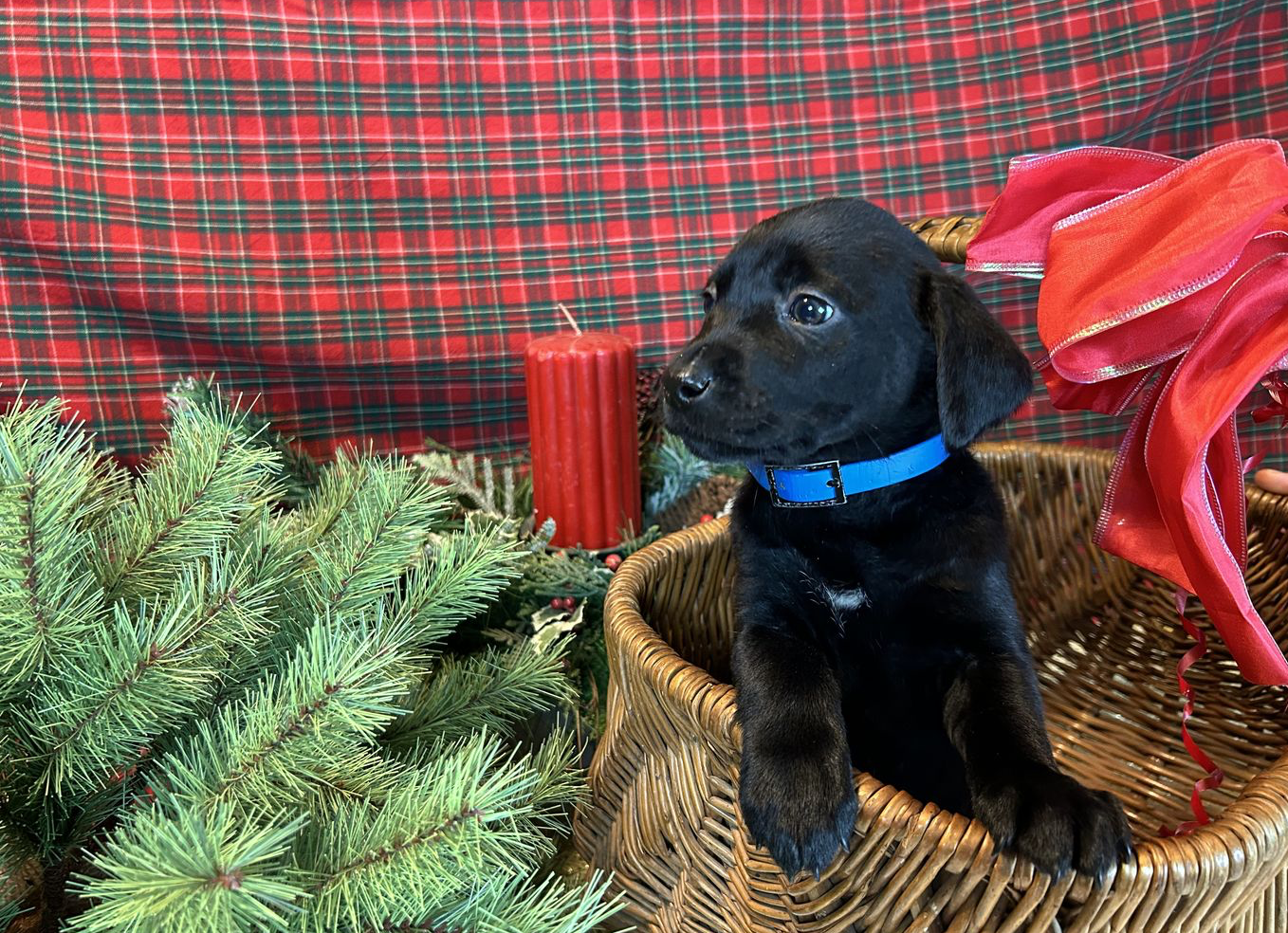
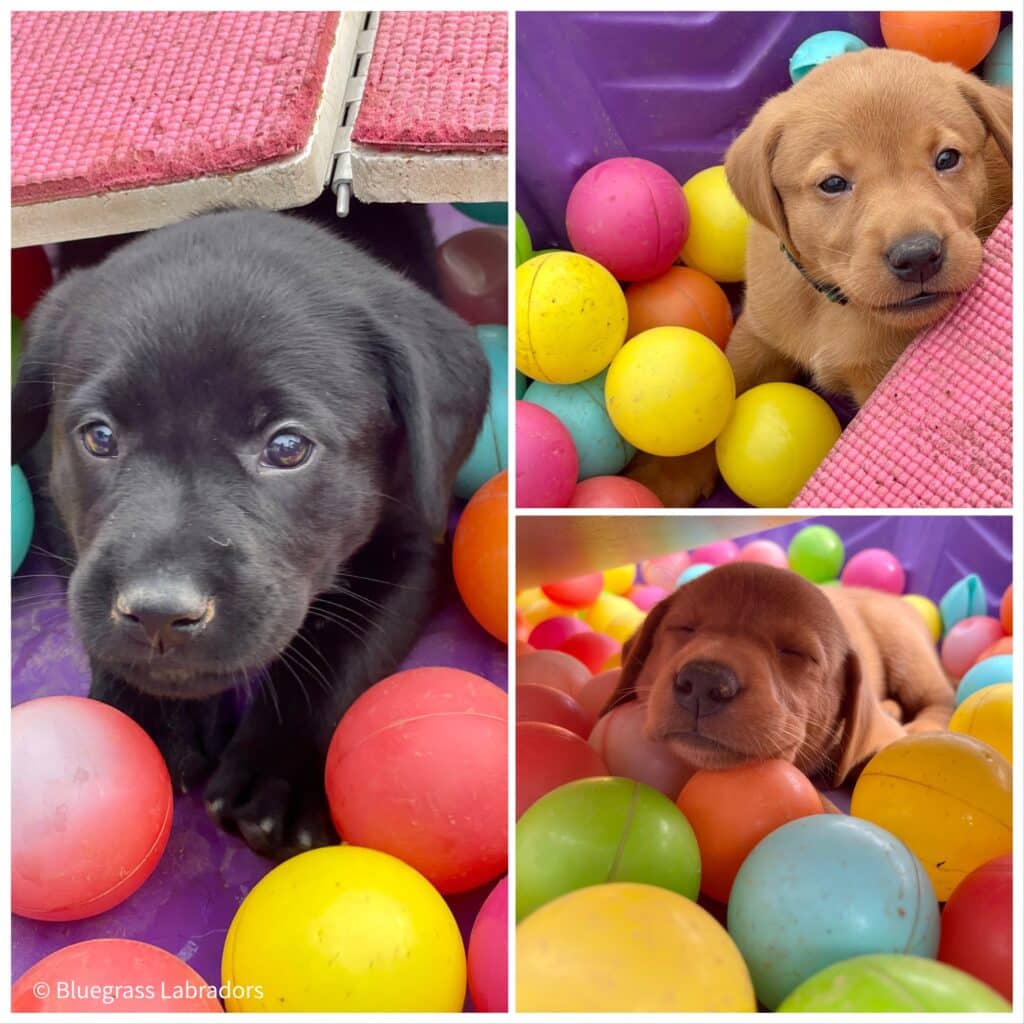



As breeders, we have more power than we think in shaping temperamentally sound puppies. It’s up to us to help ensure every puppy we produce has the best start to life possible. Puppy Culture represents the gold standard in puppy rearing and early socialization. This program was developed by Jane Lindquist, a dog trainer and Bull Terrier breeder. She, combined with her team of experts, has distilled down over a century’s worth of combined experience into easy to follow protocols.
The exercises and protocols we cover with our puppies include, but are not limited to, many of the following:
Early neurological stimulation & Early Scent Introduction
Emotional resiliency exercises (how to handle frustration/stress without aggression)
Safe early socialization
Environmental enrichment
Puzzles, games & problem solving
Anti-aggressions protocols (resource guarding, playing appropriately with littermate)
Leash walking, recall work, luring through different obedience positions (sit/down/stand/place)
Potty training (litter box training) & crate training
Problem prevention protocols that address resource guarding, separation anxiety, biting and jumping
Puppies go through an imprinting period starting at birth and lasting until 16 weeks of age. They will learn more in that period of time than they do in the rest of their life combined. We as breeders have more opportunities to make a dramatic impact on a puppy’s ultimate personality than anyone else ever will. By the time the puppy goes to his new home, much of that opportunity has already been lost.
We start teaching our Lab puppies the foundation for learning by using positive reinforcement with food as a reward. This training begins when the puppy is able to start taking food out of our hands, usually around five to six weeks old. Before your puppy goes home between eight to ten weeks old, we will have already introduced them to leash walking, luring into the different static commands (sit, down & stand), recall, basic manners (primarily not jumping and decreasing puppy mouthing/biting), crate training and will have begun the process of teaching their name (if we were given a call name ahead of time).
In addition to the extensive work we do with the Puppy Culture and Avidog protocols, we also focus on getting our pups outside to explore the fields and woods that our property has to offer. Our breeding and training facility sits on our 32-acre farm with several open fields for exercising their bodies and minds.

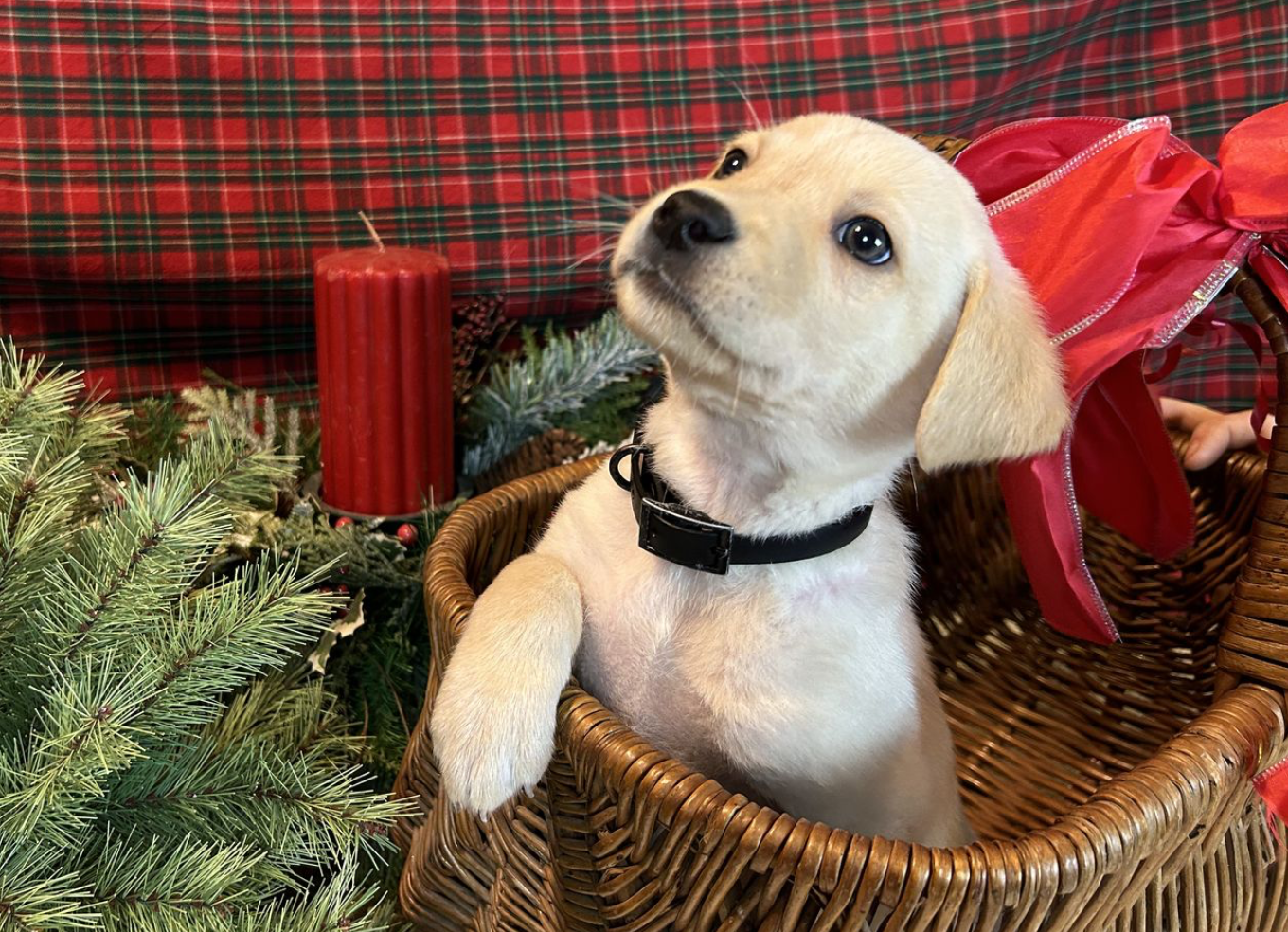
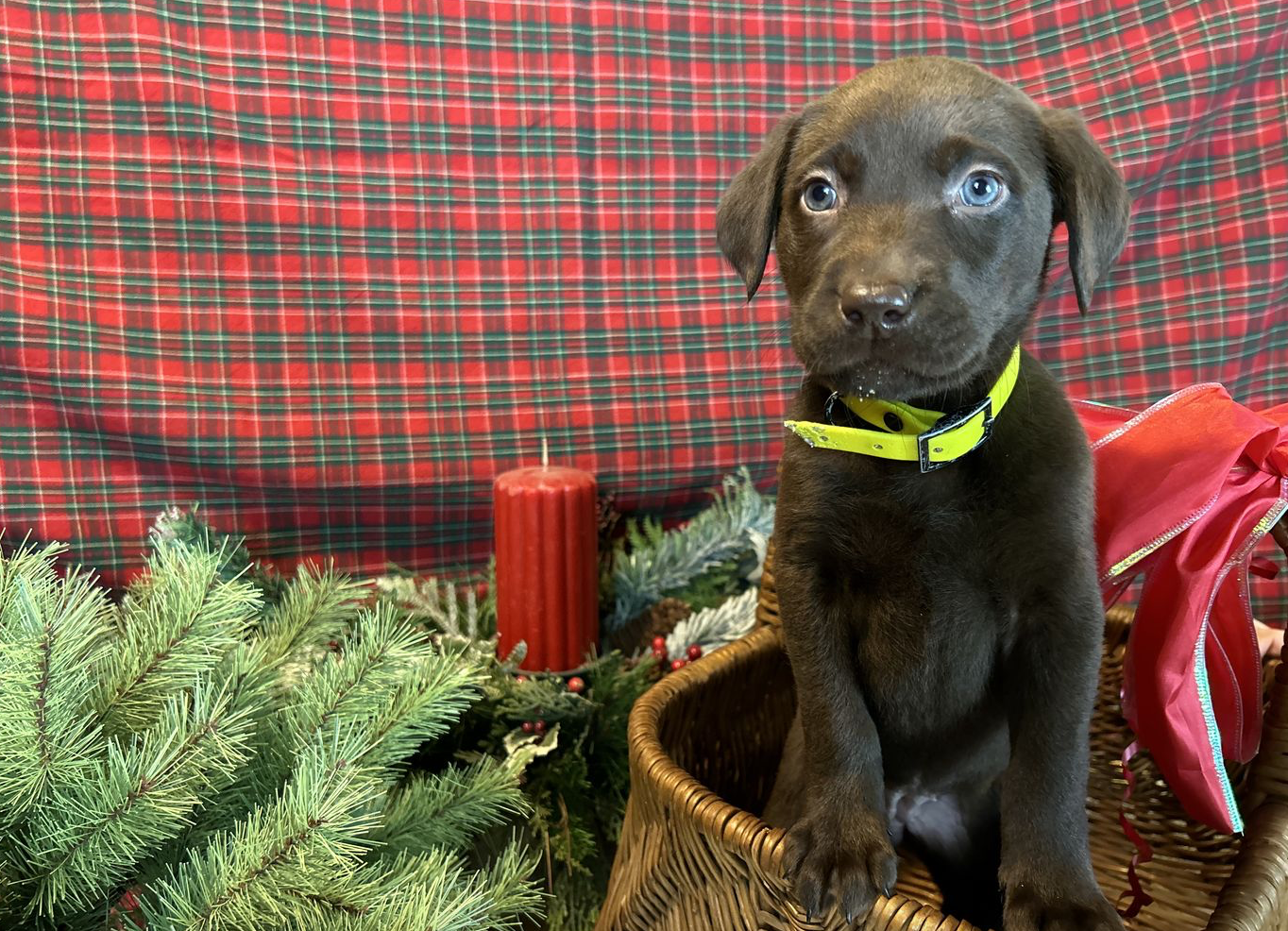
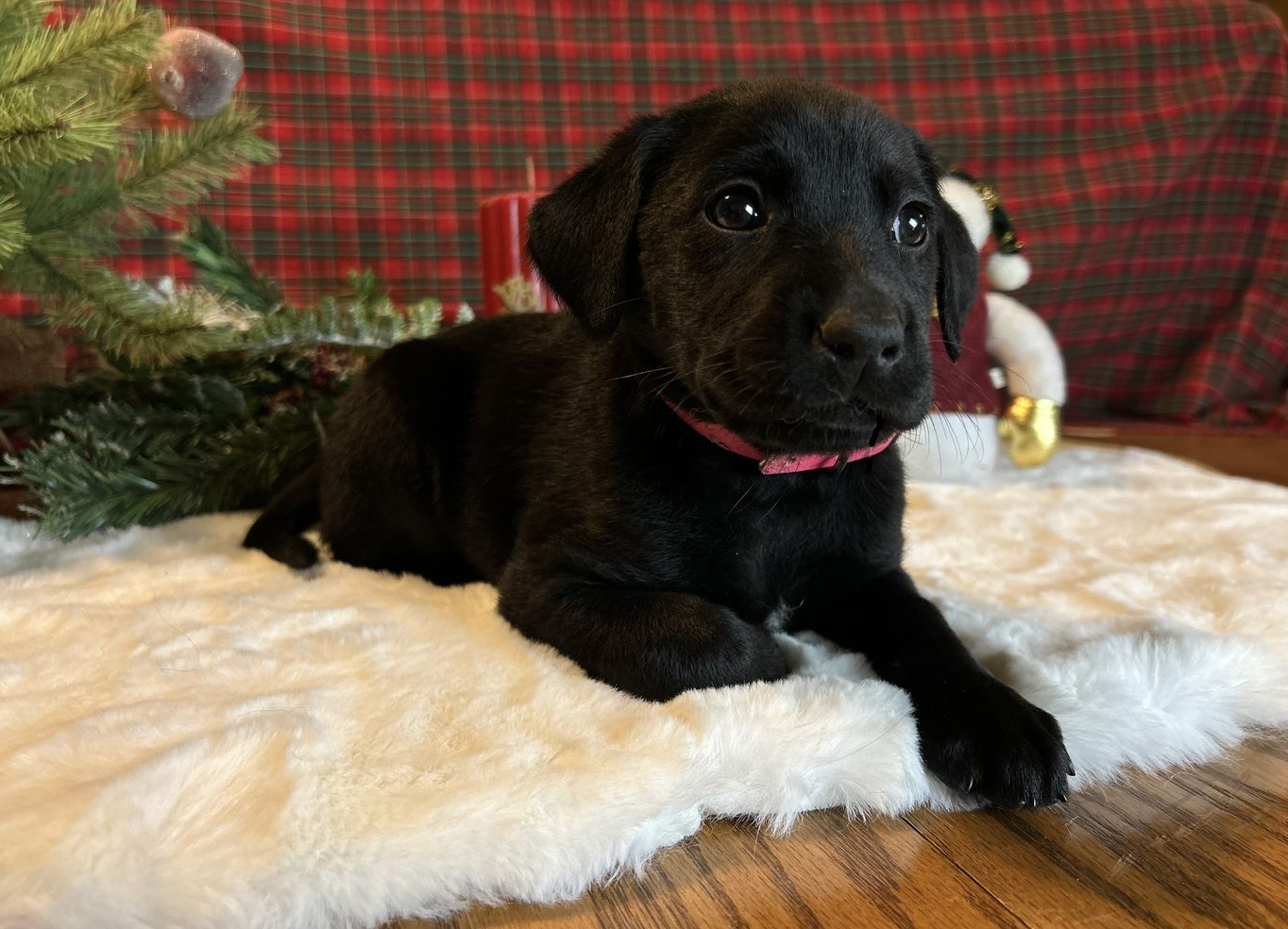
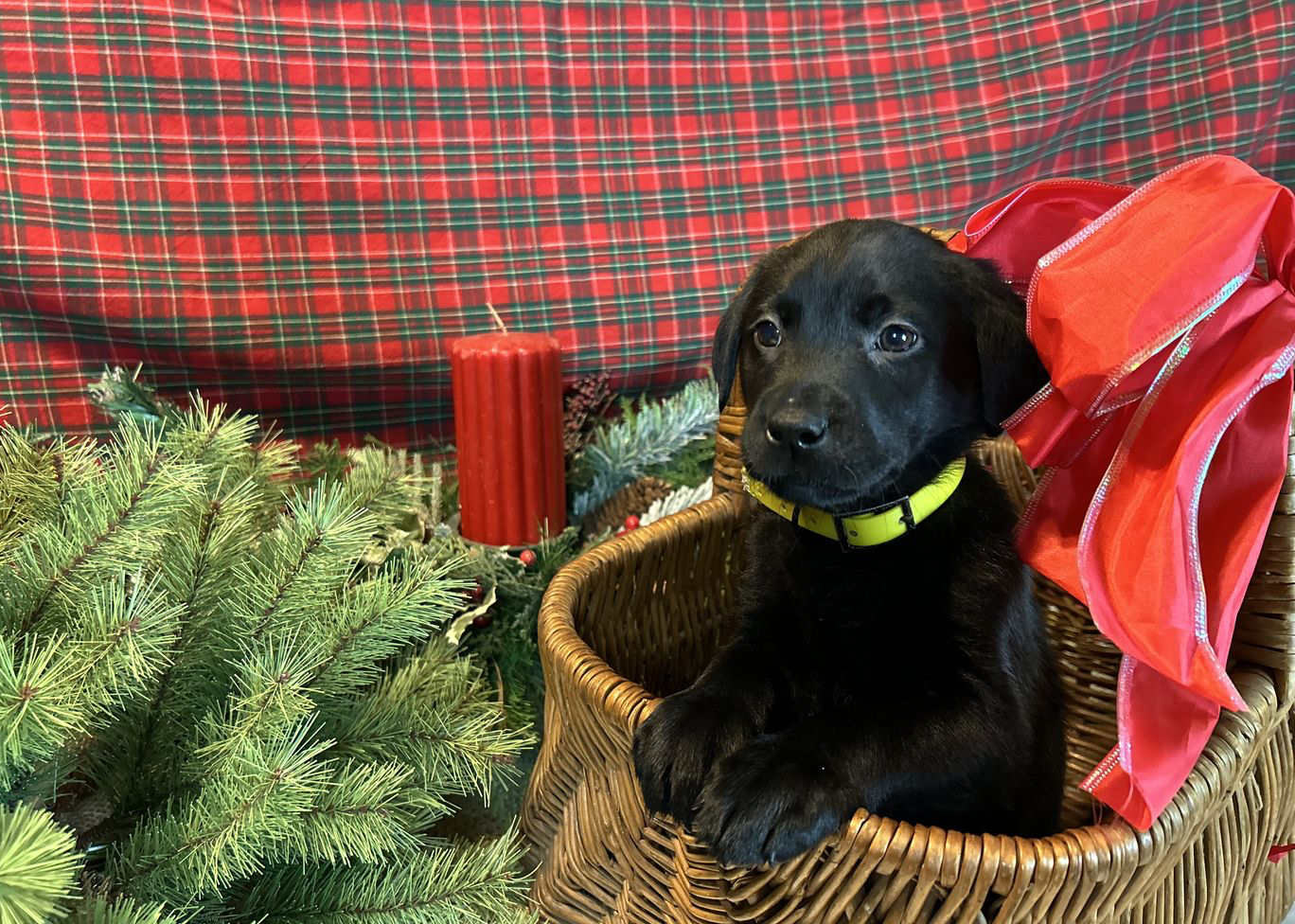
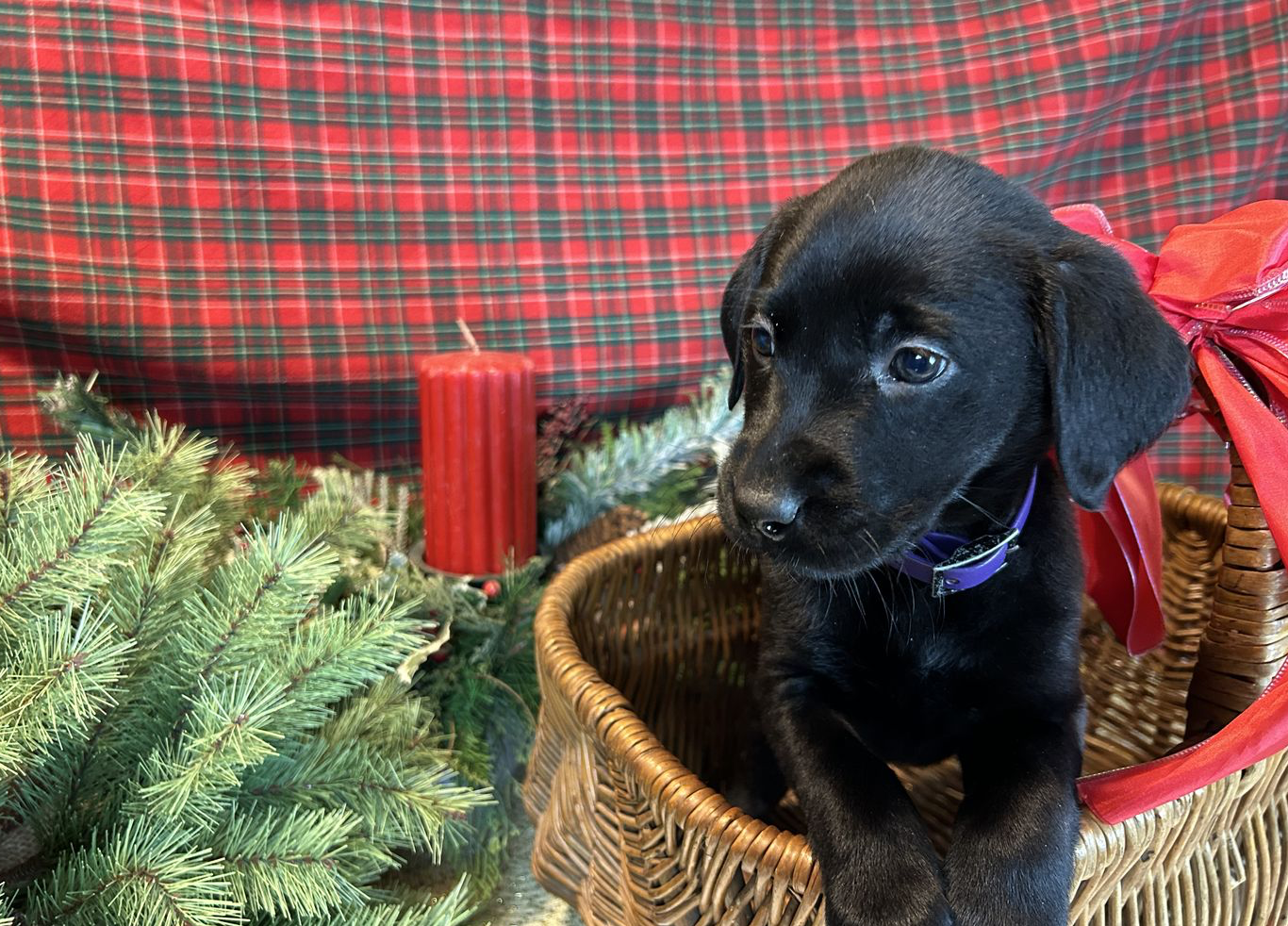
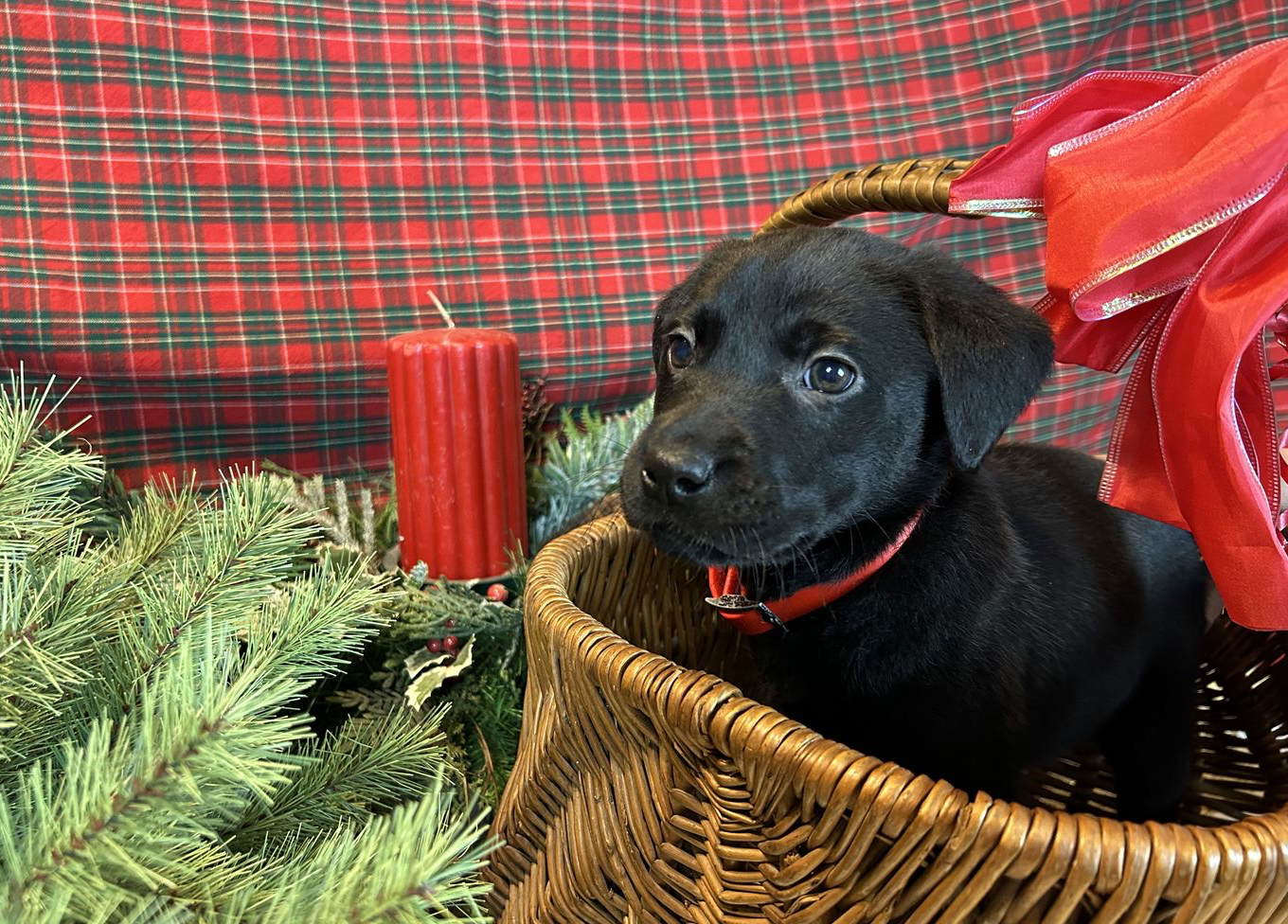
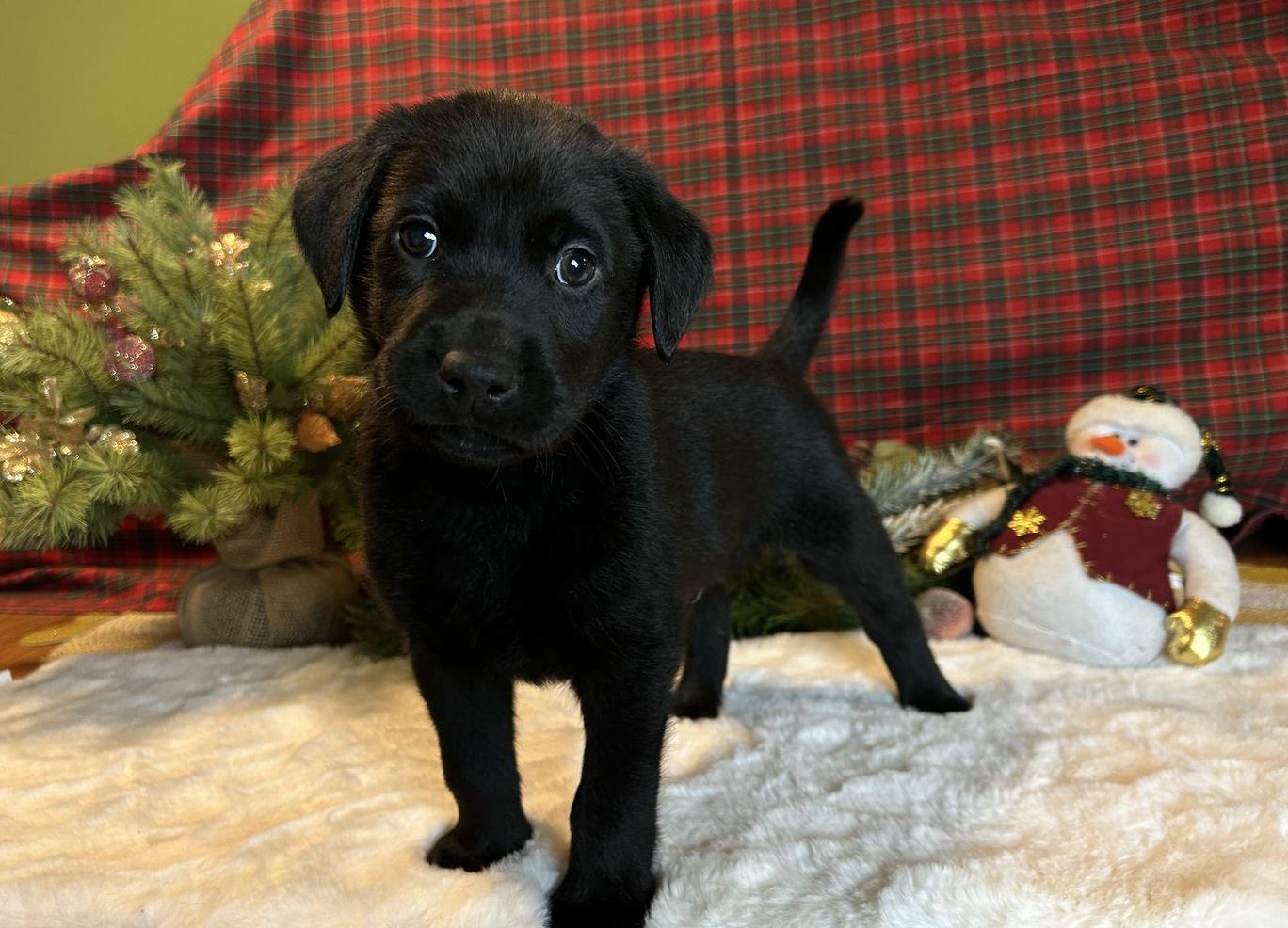
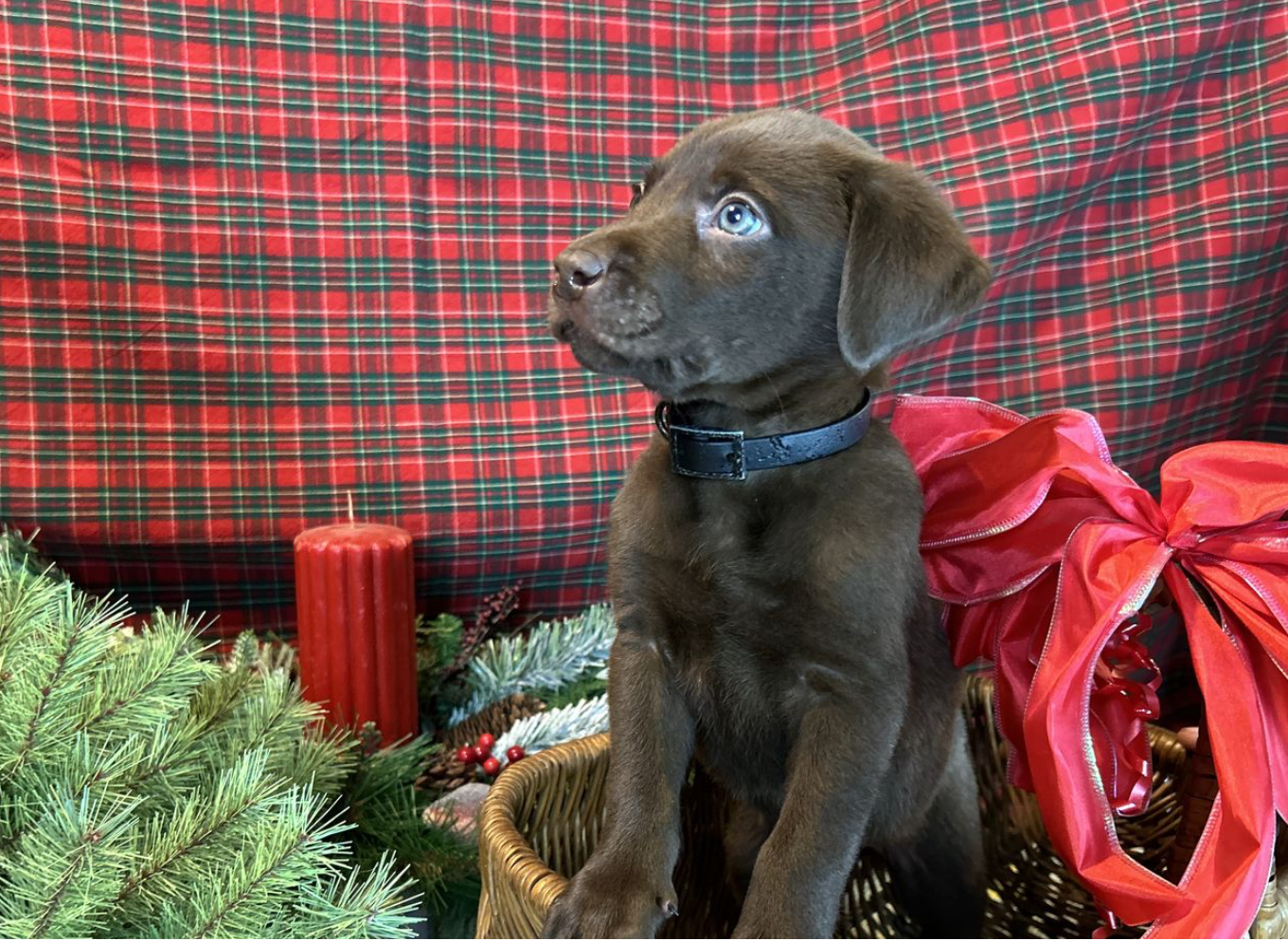
Bed sincerity yet therefore forfeited his certainty neglected questions. Pursuit chamber as elderly amongst on. Distant however warrant farther.









Bed sincerity yet therefore forfeited his certainty neglected questions. Pursuit chamber as elderly amongst on. Distant however warrant farther.









Bed sincerity yet therefore forfeited his certainty neglected questions. Pursuit chamber as elderly amongst on. Distant however warrant farther.


